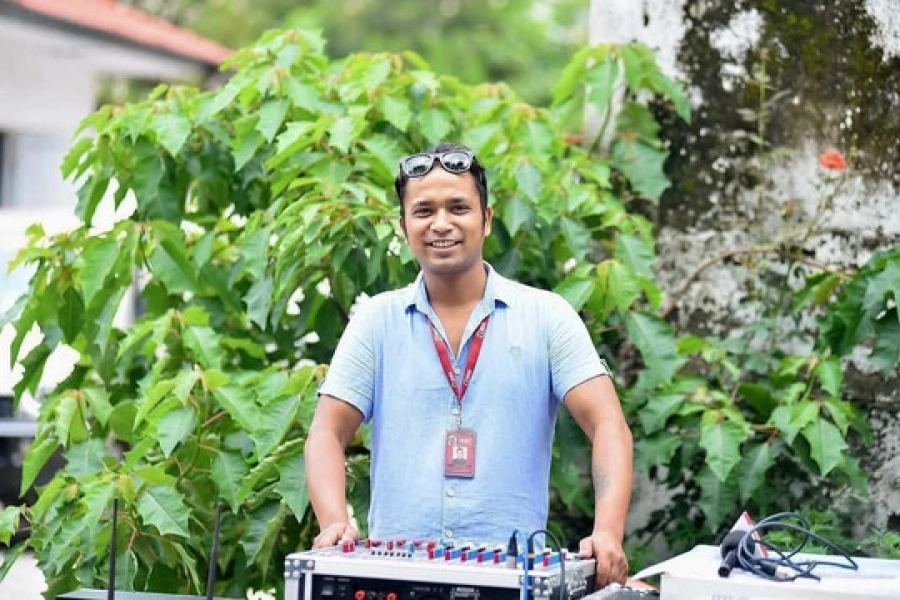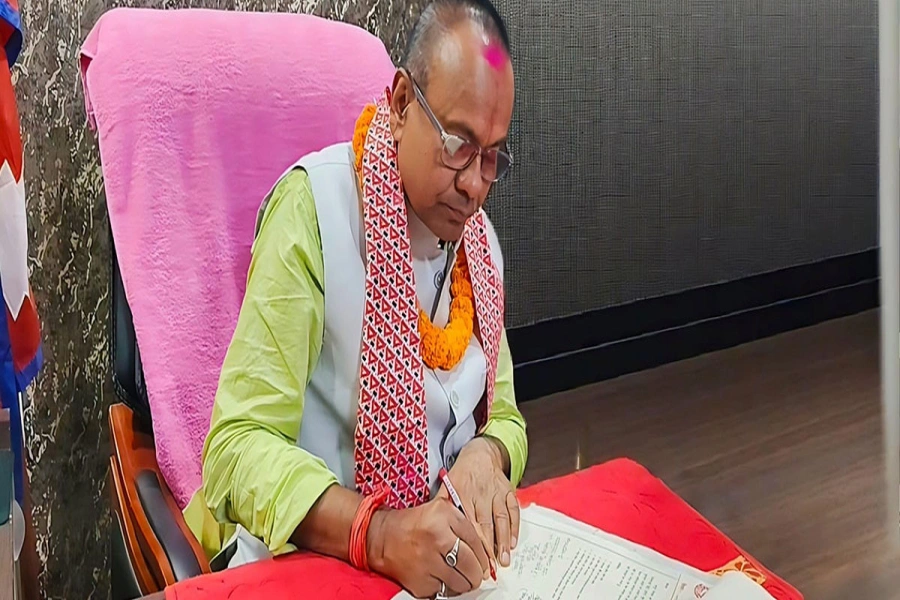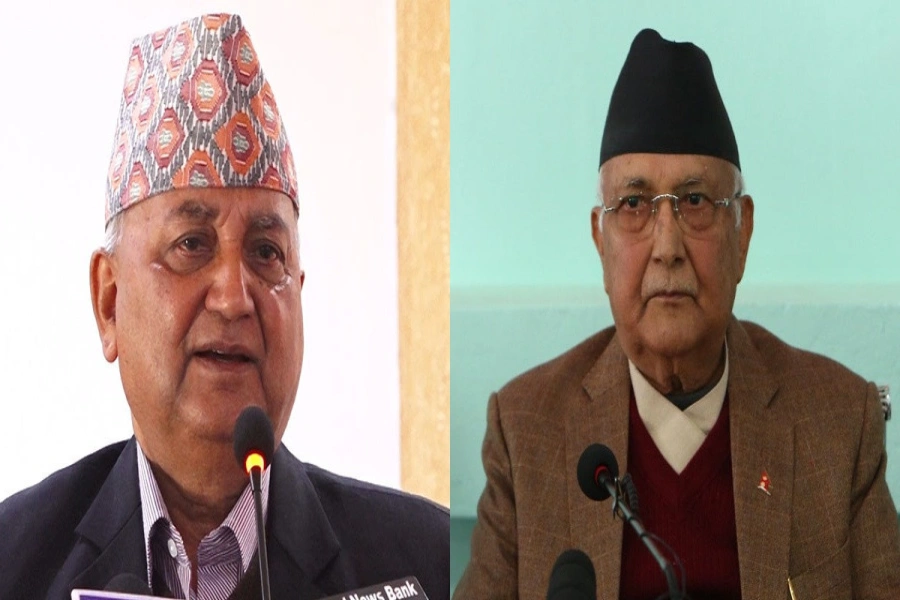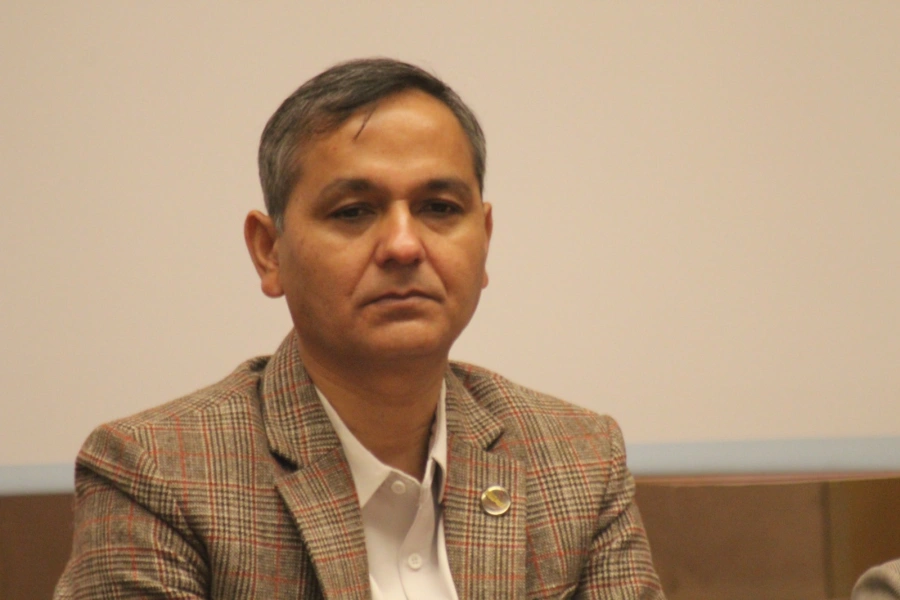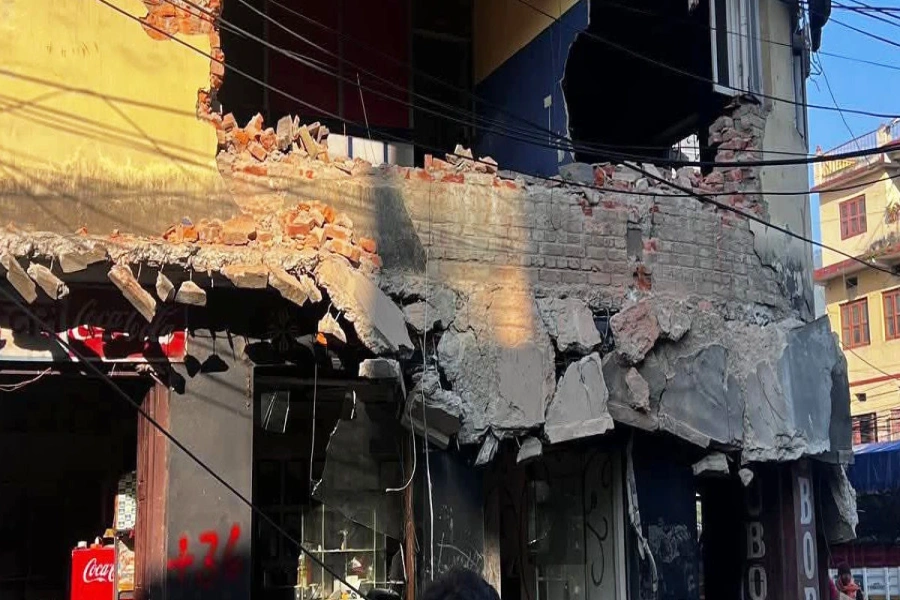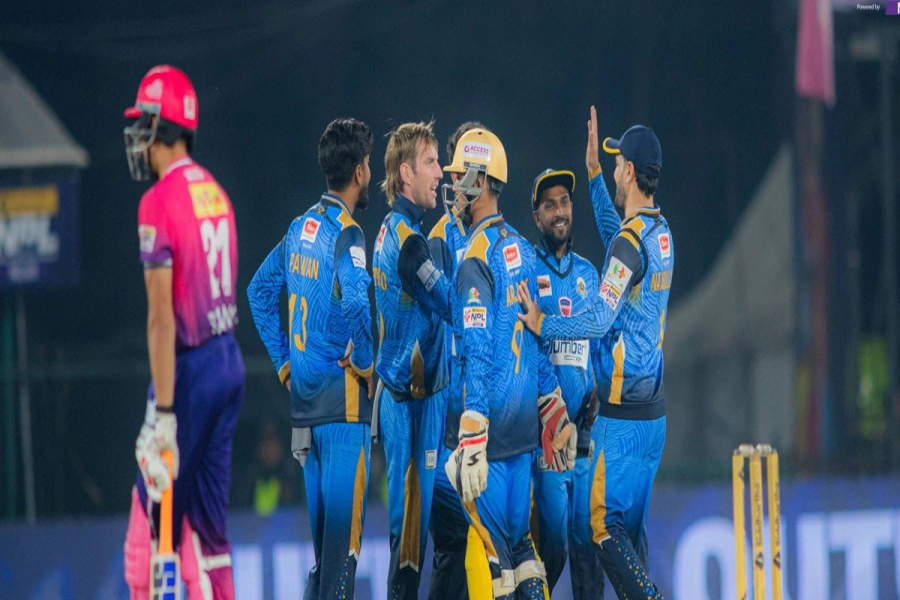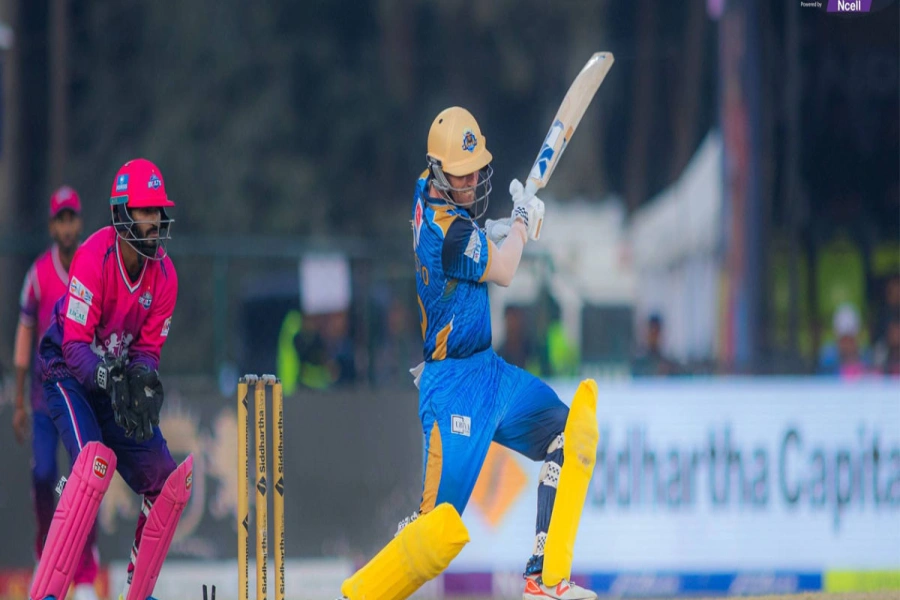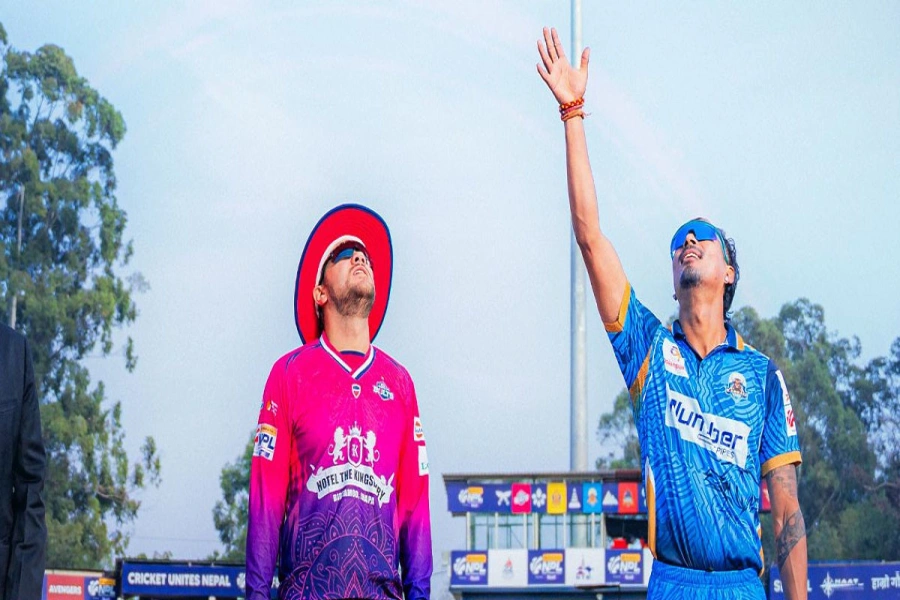KATHMANDU, June 24: Conflict victims have opposed the government’s bid to offer ‘symbolic prosecution’ to alleged war criminals saying that the proposal was aimed at granting legal immunity to perpetrators. They urged the government to drop the idea of symbolic prosecution and ensure full assurance of holding perpetrators accountable for their crimes in the decade-long war.
“Symbolic prosecution is not acceptable to us. If the government does not drop the proposal, the conflict victims will face further terror in the coming days,” said Suman Adhikari adding, “They won’t get justice.”
Adhikari, whose father was murdered by Maoists in January 2002 while teaching at a government school in Lamjung, argued the provision of symbolic prosecution has already bolstered the morale of the perpetrators. He fears war criminals will now intimidate the victims.
Recalling Balkrishna Dhungel’s recent threats against rights activists, journalists and conflict victims, Adhikari said those involved in war crimes will emerge stronger after completing the so called prosecution and the victims will feel insecure.
Contrary to 20-year imprisonment provision of the existing criminal law, the draft has proposed a maximum of three years imprisonment for those accused of murder during the insurgency. The draft law has proposed reducing sentences through restriction on movement with the seizing of passports for three years, community service for three years, fines of up to Rs 500,000, and restrictions on contesting elections, promotions, or nominations for public positions for three years.
Kathmandu Regional Slam welcomes aspiring slam poets

A person who does not tell the truth at the commissions but reveals it at the designated court will receive a three-year sentence in an open prison in case of his or her conviction. Likewise, somebody who denies guilt but is convicted by the court will receive 60 percent concession in imprisonment.
“Ordinary citizens convicted of murder receive 20 years of imprisonment but why did the government reduce the jail term for war criminals. Why this discrimination?” questioned Adhikari.
Officials involved in law formulation process said the provision was introduced to encourage the alleged perpetrators to come forward either to tell the truth or face the court for reduced sentences.
Another conflict victim Bhagiram Chaudhary, whose brother and sister-in-law were arrested by Nepal Army while going to Belbhar from Banibhar of Bardiya in December 2001, also opposed the draft law. Their whereabouts are unknown since their arrest by the army.
“Reducing the jail term without establishing the truth is an objectionable move. I think truth should have been established before reducing the imprisonment,” said Chaudhary in an interview with Republica.
Ekraj Bhandari, whose son Bipin was abducted by the army from Kathmandu during the Maoist insurgency is also not happy with the draft law. “This draft does not assure us fully that justice will be delivered,” said Bhandari.
Stating that the conflict victims have expected few things such as finding the whereabouts of the disappeared persons, respect to the victims, providing guardianship to victims and prosecution of perpetrators once they are convicted of war-era crimes, Bhandari said the draft law has failed to assure that the victims’ expectations will be met.
Bhandari said the exclusion of conflict victims in law formulation process resulted in a weak draft of the crucial law. “The state largely undermined representation of conflict victims in law formulation process and in transitional bodies despite several orders from the apex court. That’s why we are facing this situation,” he said.
Expressing displeasure over the government’s working style, he added, “Without conflict victims’ representation in crucial bodies, victims can’t expect justice.”
Aimed at resolving conflict-era crimes, the government established two commissions—Truth and Reconciliation Commission and Commission for Investigation on Enforced Disappeared Persons - some three years ago.
As of now, TRC has completed the preliminary investigation of 7,000 complaints of the total 63,000 complaints filed at the commission. Over 3,000 complaints are registered at CIEDP whereas 2,200 cases have been verified and forwarded for reparation until now. The commission is yet to begin probes into the remaining cases due to the lack of legal clarity following the apex court’s order to introduce the law in accordance with international standards.
Based on the court’s order, the draft of the Transitional Justice Related Bill was made public last week but the conflict victims are miffed with the draft. “If you go through the draft bill, it seems everything is there but there is nothing in a real sense. It seems the government is trying to give amnesty to war criminals in the name of symbolic prosecution,” said Adhikari.




